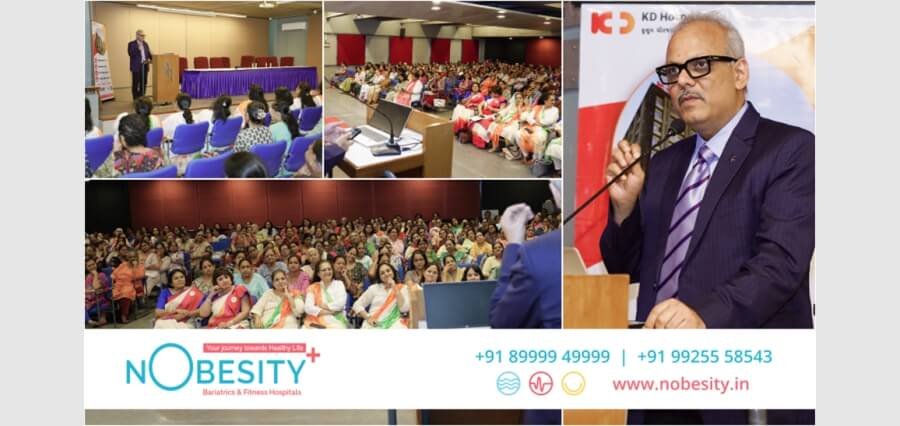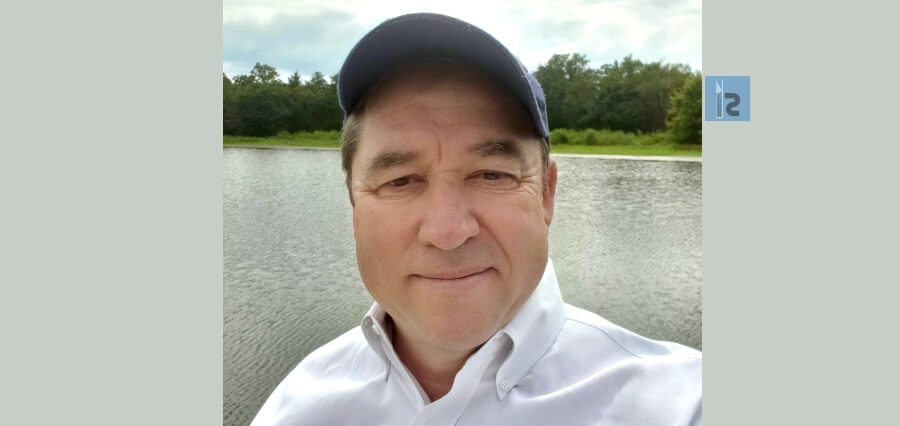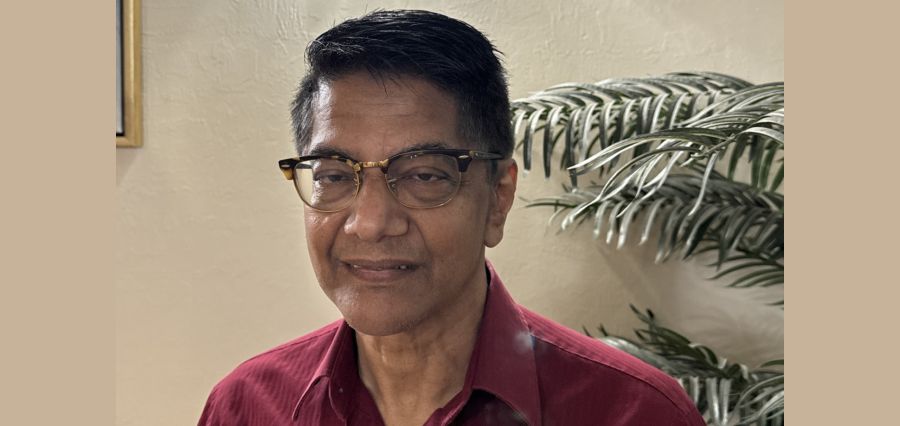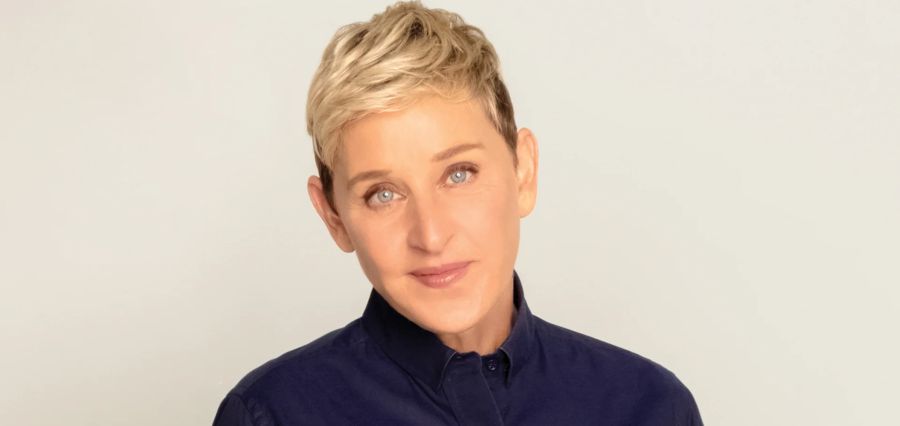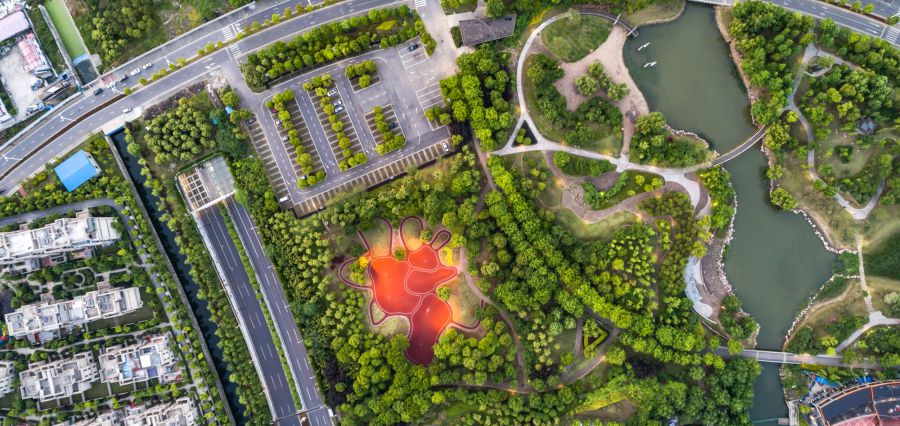In 2014 I was working in TV, getting a bit fed up with the lack of coverage of environmental issues. Around that time, I was scrolling on Facebook and came across the trailer for the film Albatross. I saw the most beautiful, fluffiest Albatross chicks, dying of starvation in their nests with their bellies full of plastic. It was heart-breaking; I was totally devastated and felt a grief unlike anything I’d ever experienced when seeing human-caused environmental issues. I think it was something about seeing everyday items that I used – my brand of toothbrush, ink cartridges, bottle caps – literally causing the death of something so magnificent. And I knew in that moment I couldn’t just sit back and allow this to happen.
From that day on I set about doing something about it. I had no idea City to Sea, which began with a music video, would go on to become one of the UK’s leading voices on plastic pollution or that our campaigns would have a significant impact on reducing pointless plastics on the high-street, in supermarkets and at government level.
From petitions and media campaigns, to grassroots community action and education in schools, our work stops hundreds of tonnes of plastic from getting into our ecosystems each year. For example, in 2016 we ran our first consumer campaign. It was a simple ask, for all major retailers in the UK to stop selling plastic cotton buds and switch to paper instead. What happened next was a tidal wave of people power.
Over 150,000 signed a petition and soon major retailers were responding. Before long all nine of the major supermarkets had pledged to #SwitchtheStick. This means that since 2017 over 420 tonnes of single-use, non-recyclable plastic has been saved annually. In 2020 the UK government caught up and completely banned plastic cotton bud sticks with similar legislation expected across all of the EU by this summer.
Leadership is, if anything, about creating impact and City to Sea are certainly doing that.
City to Sea started as an idea in my head on a riverbank but has since evolved into a global campaigning organisation with dozens of members of staff. Since those early days we’ve saved hundreds of millions of pieces of plastic through award winning campaigns. At the heart of all of these campaigns is behaviour change insight and science to inspire and drive change from the grassroots up. Making sure we have impact in all we do.
Learning from the early #SwitchTheStick campaign, what we advocate for are positive solutions made easy. For example, one of our most successful campaigns Refill, shows how you can swap the easy convenience of buying a single-use plastic bottle when you are out and about, to a free Refill found through our geo-located app that tells you where you can eat, drink and shop without the packaging.
Making switches easy is and showing how they can be done is a big part of what we do. So here are 3 simple steps for you to take towards plastic-free living. And remember, you aren’t taking these steps alone but as part of a global movement. And when you take these steps you are not just stopping plastic pollution but you’re inspiring others to do the same.
- Do a plastic audit
Knowledge is power. When you are cutting back on the amount of plastic you use, do a plastic audit and collect your waste for a week. This not only helps you get a feel for what you’re using, but you can also start to cut out the easy to replace items.
Our friends over at Everyday have created a super simple programme with everything you need to audit your waste for week and understand what you’re using, and what the impact of that would be over a year. After doing this, you can start to think about how you can cut out the plastic that you use the most.
- Choose to Reuse
We are proud to enable you eat, drink and shop without the plastic. It’s time to avoid using disposable, single-use culture and choose to reuse, as there are plenty of reusable options out there. It has now become easy to reduce plastic footprint without breaking the bank.
- Go Room to Room
The more you look around your house the more you see single-use plastics. From bathroom cleaners to the vegetables you got the supermarket. Plastic gets everywhere. But whether your worried about nappies or nectarines we’ve got you covered with our plastic-free living guide.
The tides are turning on plastic pollution. More and more people are moving away from harmful single-use plastics. As time has passed my role as a leader in campaigning on plastics has changed from one of needing to inspire and energise people to one of channelling people’s energy (yes people like you!). People are demanding change and businesses and governments alike are beginning to sit up and notice.
It’s now all of our jobs, as leaders, to keep the pressure up and to make sure we make truly sustainable choices away from single-use plastics.
And if you’ve got plastics nailed, you can take your journey further and have a read of my latest book, How to Save the World for Free, which has hundreds of ways you can protect not just our oceans, but our entire, precious planet. Just in my lifetime, we’ve lost half the world’s wildlife. HALF of it. Gone. And it’s our responsibility to make sure we don’t lose the other half.
About the Author
Natalie Fée is an award-winning environmentalist, author of How to Save the World for Free, keynote speaker and founder of City to Sea, a UK-based organisation running campaigns to stop plastic pollution at source.







